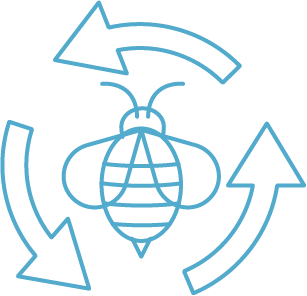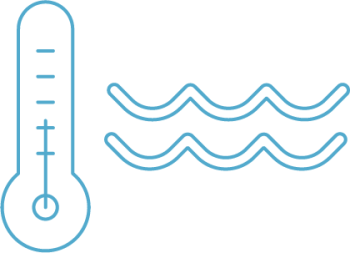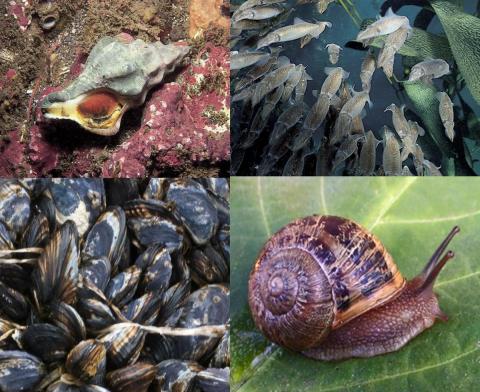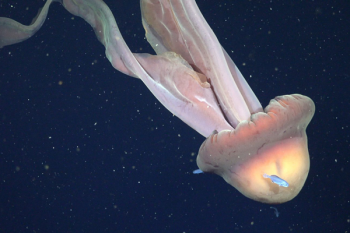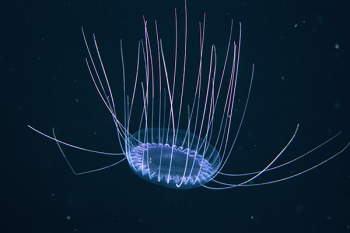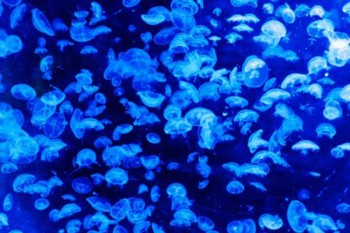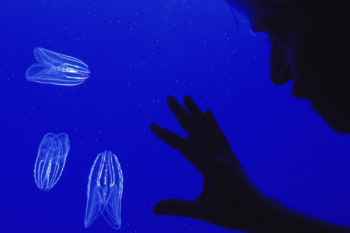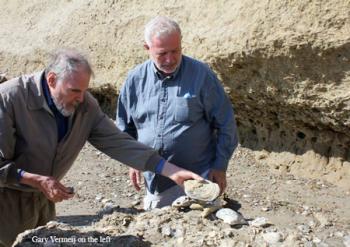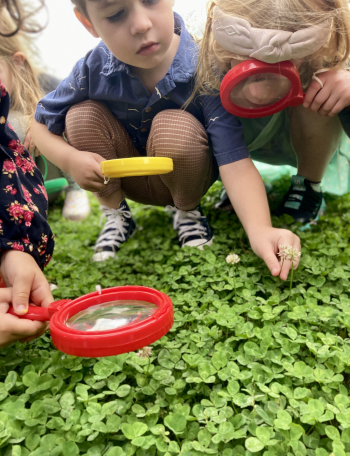Mussels are considered ecosystem engineers because they form extensive beds that create a complex habitat for other organisms. Here is an abstract from a paper about how mussel beds provide coastal protection. Oysters are also ecosystem engineers because they also provide coastal protection.
Gastropods live in freshwater, in the ocean and on land. Freshwater snails graze on algae and play a key role in nutrient cycling. They are fed on by crayfishes, turtles and ducks. Marine snails are also grazers, carnivores and scavengers, and play an important role in the marine food webs where they live. Land snails and slugs are “vital components of healthy forest ecosystems, aiding in decomposition and soil building processes, and providing food and essential nutrients to wildlife.”
Cephalopods grow rapidly and live short lives, leading scientists to speculate that they can keep up with the changes to their environment. Their increasing numbers in the last several decades will have a major impact on ecosystems because they are both important predators and prey.
Squid are both important predators and prey in ocean ecosystems. Giant squid have very large eyes so they can escape from sperm whales. Here is an interesting hypothesis about the relationship between sperm whales and squid. Humboldt squid are a large species that grow quickly and are fearsome predators in the Eastern Pacific.

